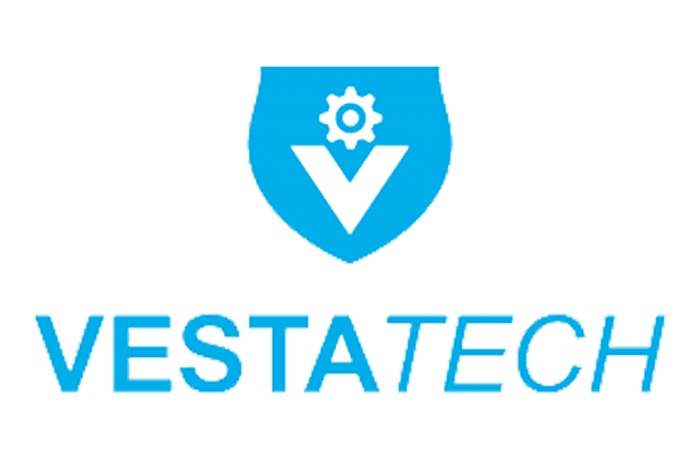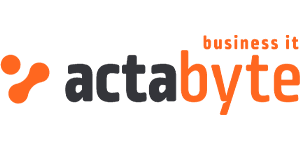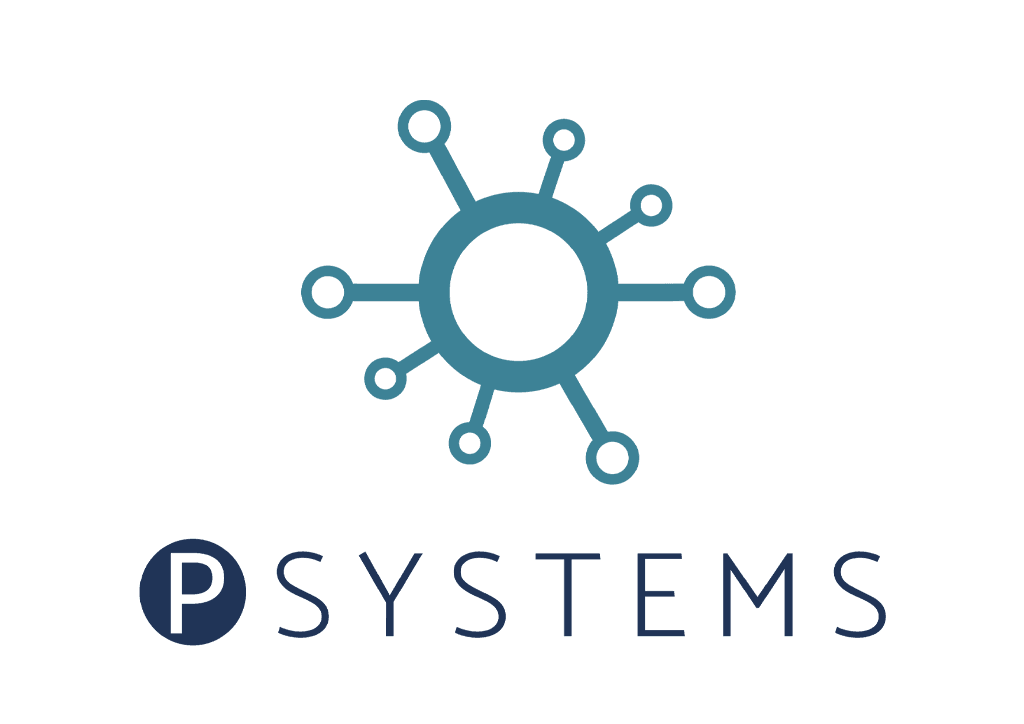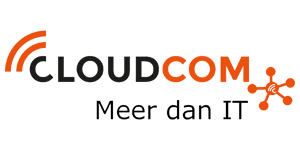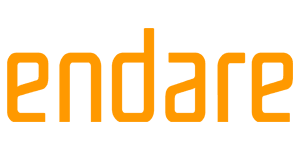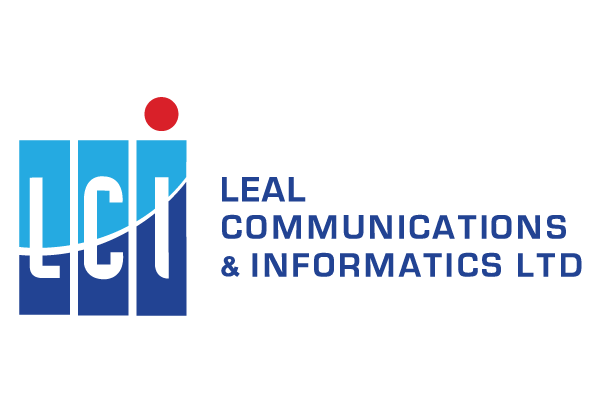In the era of rapid technological advancement, Artificial Intelligence (AI) stands at the forefront, revolutionizing industries with unprecedented efficiency. However, this transformation brings forth a critical dilemma: the balance between innovation and privacy. As we navigate this digital landscape, it becomes imperative to address the imperative of safeguarding data sovereignty in an age where AI is both transformative and potentially intrusive.
The Transformative Impact of AI Across Industries
AI’s influence extends far beyond office environments, permeating sectors such as healthcare, finance, and retail. The sheer volume of data generated and processed by AI tools underscores the need for vigilant privacy measures. From patient records in healthcare to financial transactions in banking, AI handles sensitive information that, if compromised, could lead to severe consequences.
Historical Context: Lessons from Past Revolutions
The current AI revolution draws parallels with past industrial shifts, where technological advancements necessitated balancing progress with control. The integration of robotics in manufacturing during the Industrial Revolution exemplifies this balance—machines augmented human capabilities without relinquishing control. In contrast, today’s digital revolution presents unique challenges, particularly in maintaining data sovereignty. The digital revolution of the late 20th century highlighted privacy concerns, offering valuable lessons for navigating the AI era.
AI in Modern Workplaces: A Double-Edged Sword
AI has become integral to various office functions, enhancing efficiency across departments. For instance, in HR, AI aids in talent acquisition and employee engagement, while finance departments leverage AI for predictive analytics. However, this integration poses significant risks when relying on public AI services, which can expose sensitive data to third parties.
The Risks of Public AI Services: A Growing Concern
The use of public AI services introduces vulnerabilities that could lead to data breaches. Recent incidents highlight the consequences of such lapses, with GDPR regulations underscoring the legal and financial implications for non-compliant companies. The legal ramifications extend beyond monetary fines, affecting brand reputation and customer trust.
Private AI Solutions: A Holistic Approach
Transitioning to private AI solutions involves a strategic approach that includes on-premises setups or private clouds, offering enhanced security through encryption and access controls. Hybrid models allow organizations to maintain certain processes privately while leveraging public services for others. Testimonials from companies that have successfully implemented these solutions provide insights into the benefits of a balanced approach.
A Call to Action: Strategic Imperatives for Organizations
Organizations must adopt a proactive stance, beginning with an assessment of current AI usage and evaluating providers of private solutions. A step-by-step guide or checklist can facilitate this transition, emphasizing policy changes, employee training, and continuous monitoring. This holistic approach ensures that privacy is not just a technical consideration but a strategic business imperative.
Conclusion: The Ethical Responsibility of Data Protection
As we look to the future, integrating private AI solutions emerges as a competitive advantage, fostering trust with clients and customers. The ethical responsibility to protect data extends beyond compliance; it is a commitment to safeguarding the integrity of businesses and their stakeholders in an increasingly digital world. By prioritizing privacy, organizations can navigate the complexities of AI while reaping its transformative benefits.





